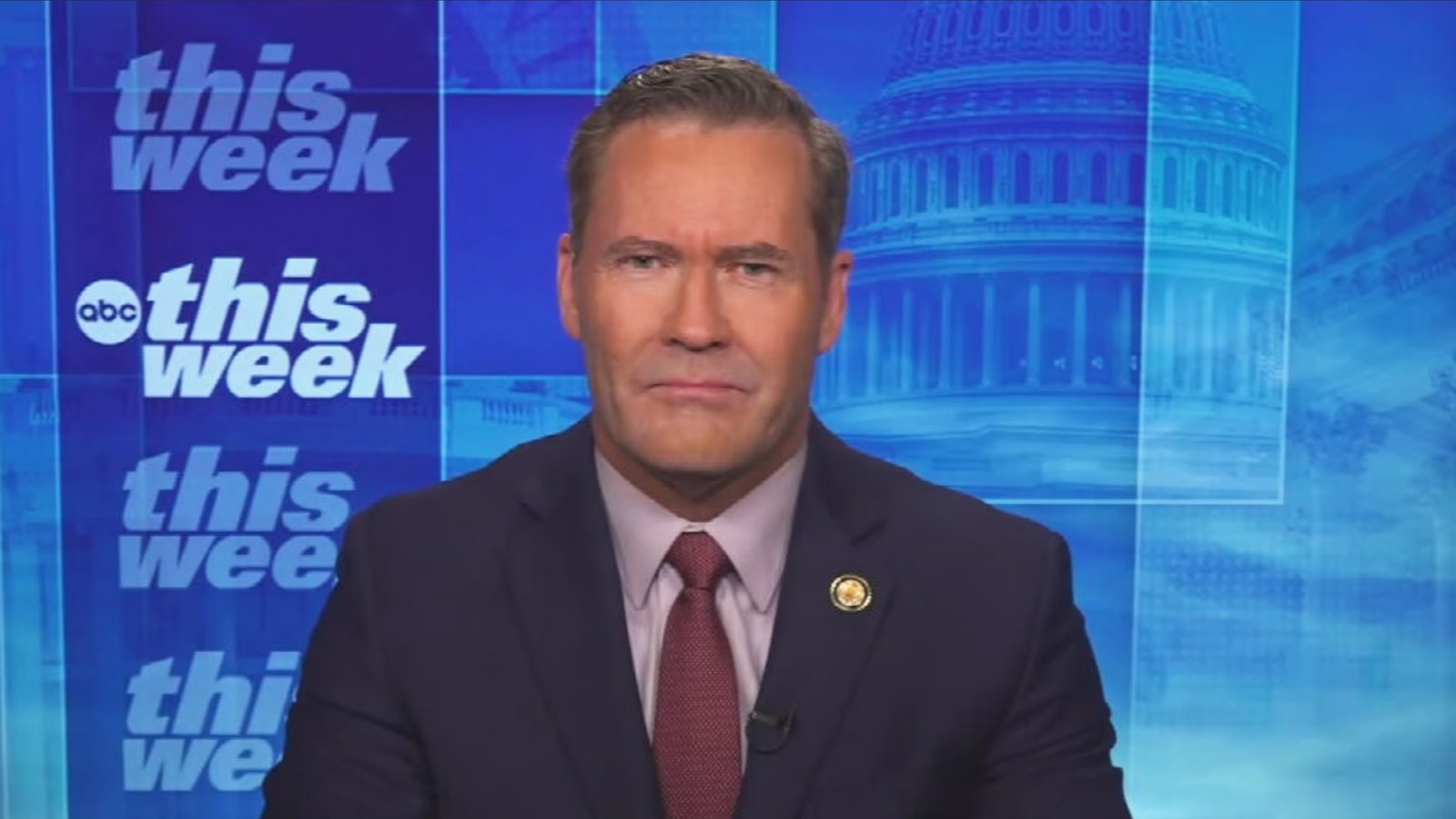Air pollution in Delhi has taken center stage yet again, with authorities implementing GRAP Stage 3 restrictions across the National Capital Region (NCR) to combat worsening air quality. This move, effective immediately, follows a sharp decline in the city's air quality index (AQI), which stood at 299 at 7 am, signaling poor air conditions. Let’s dive into what this means for Delhiites and what restrictions are now in place.
What Is GRAP, and Why Is It Important?
The Graded Response Action Plan (GRAP) is a comprehensive framework designed to tackle air pollution in Delhi and NCR. It categorizes air quality levels and lays out specific actions for each stage, ranging from 'Moderate' to 'Severe'. Stage 3, representing 'Severe' air quality, aims to curb activities contributing to pollution through immediate and impactful restrictions.
Why Have Stage 3 Restrictions Been Imposed?
Delhi’s air quality has been on a decline due to a mix of weather conditions and human activities. On Thursday, the AQI hovered just below the 'Very Poor' category, while temperatures dipped to 6.4°C. The Indian Meteorological Department (IMD) also predicted dense fog for the day, which often traps pollutants near the ground, exacerbating the situation. As a result, authorities have decided to reinstate GRAP Stage 3 restrictions, just days after lifting them on January 5.
Key Restrictions Under GRAP Stage 3
Stage 3 restrictions are designed to minimize pollution from both vehicular and industrial sources. Here’s what’s banned or limited:
1. Construction and Demolition Work
Non-essential construction activities are prohibited.
Projects involving demolition, earthwork, or stone crushing are put on hold.
2. Education
Classes for students up to Grade V must shift to hybrid mode. Parents and schools can opt for online classes, ensuring children stay indoors as much as possible.
3. Restrictions on Vehicles
The use of BS-III petrol and BS-IV diesel vehicles is restricted in Delhi and neighboring NCR districts.
However, persons with disabilities are exempt from this rule.
Non-essential medium and heavy diesel vehicles with BS-IV or older emission standards are banned within city limits.
4. Industrial and Commercial Activities
Diesel generators are banned, except for emergency services like hospitals.
Industries using high-pollution fuels are ordered to scale down or suspend operations.
How Does Weather Impact Air Quality?
You might wonder why the weather plays such a big role. When temperatures drop, the air becomes denser, trapping pollutants close to the surface. Combine that with a lack of wind, and you’ve got a smog-filled city. This is why winter months are notorious for poor air quality in Delhi.
How Are Citizens Affected?
These restrictions impact daily life, especially for commuters and workers in construction or logistics. However, they’re necessary to protect public health. Prolonged exposure to polluted air can lead to respiratory issues, cardiovascular diseases, and other health complications.
Steps You Can Take to Stay Safe
Wondering how to protect yourself during this pollution spike? Here are a few tips:
Wear Masks: Opt for N95 or better masks to filter out harmful pollutants.
Limit Outdoor Activities: Avoid outdoor exercise, especially early in the morning or late at night when pollution levels are highest.
Use Air Purifiers: Invest in good-quality air purifiers for your home.
Stay Informed: Keep track of daily AQI updates and follow local advisories.

What Can Be Done in the Long Run?
While GRAP offers temporary relief, long-term solutions are essential. Here’s what needs more focus:
Improved Public Transport: Expanding metro and electric bus services can reduce reliance on personal vehicles.
Renewable Energy: Phasing out diesel generators and switching to solar or wind power.
Tree Planting: Increasing green cover in urban areas to naturally filter the air.
Stricter Emission Standards: Enforcing stringent policies for industries and vehicles.
The Role of Citizens
Let’s not forget: tackling air pollution requires collective effort. Small changes, like carpooling, conserving electricity, and reducing waste burning, can make a significant impact when adopted on a large scale. Every action counts!
Read More: Best 10 breaking news today
Conclusion
Delhi’s battle against air pollution is far from over, but measures like GRAP Stage 3 restrictions are vital steps in the right direction. While these rules might inconvenience some, they’re implemented with public health as the priority. As citizens, we must adapt and contribute to creating a cleaner, healthier environment for future generations.
Other Popular News Post:
Tata IPO | Tata Motors Share Price | Tata Technologies Innovation | Tata Steel Canteen 2024 | Lok Sabha Election Date 2024 | A Glimpse into the Future | Anant Ambani Marriage | Covid Cases Spike in Delhi | National Creators Award 2024 | What is CAA | Electoral Bonds Data | Shri Kashi Vishwanath Mandir | International Day of Action | GATE Exam Fees | RBI Monetary Policy 2024
Explore Other Popular Posts:
Blog | News | Entertainment | Education | Sports |
Technology | Cryptocurrency | Stock | Home | Sitemap





